The National Endowment for Democracy Needs to Die
Ron Paul is right about getting rid of this awful organization's taxpayer-funded privileges.
The American national security state could be facing unprecedented forms of resistance in the next four years.
The formation of the Department of Government Efficiency (DOGE) by Tesla founder Elon Musk and conservative entrepreneur Vivek Ramaswamy has opened new avenues of discussion about government waste and what role the state should play in the economy. DOGE’s decision to bring former Rep. Ron Paul (R-TX) as an adviser has made things interesting. One thing is for sure: Spending related to the United States’ bloated foreign policy apparatus will come under the microscope.
During a recent episode of The Ron Paul Liberty Report, the former Texas Congress and co-host Daniel McAdams discussed a provocative article by Quincy Institute senior advisor Kelley Beaucar Vlahos entitled “DOGE’s Best First Target: the National Endowment for Democracy.”
The National Endowment for Democracy was founded in 1983 after Cold War hawk Rep. Dante Fascell (D-FL) acquired enough votes to secure the passage of the State Department Authorization Act (H.R. 2915) in both chambers of Congress.
Once the Cold War ended, United States leaders felt emboldened to spread their “exceptional” values”, but with a human face. As a self-styled independent, non-government organization, the NED aimed to bolster democratic institutions and values across the globe. In its bag of geopolitical tricks, color revolutions stood out among the rest. In essence, these color revolutions were US-backed coup d’etats with the facade of an organic, local uprising.
The NED has routinely backed civil society organizations in countries surrounding US geopolitical foes such as Russia and acts as a de facto CIA front group. In Fiscal Year 2023, the NED has allocated $34.9 million in funds towards 298 projects across 9 countries in Eurasia. Georgia and Ukraine have been prime targets for the NED and its fellow travelers in the NGO industrial complex.
Former intelligence linguist Scott Rickard claims US foreign aid agencies disbursed roughly $5 billion to multiple groups prominently involved in the Ukrainian Euromaidan protests. The NED bankrolled 65 activism projects in Ukraine at the time to shape public policy outcomes in Ukraine.
The former Texas Congressman provided his two cents on how to deal with the issue of the NED: “Get rid of it. We don't need it." Based on the NED’s track record of geopolitical perfidy, Paul’s suggestion is quite reasonable.
The Regime Change Machine
The NED-backed Rose Revolution in Georgia demonstrated the power of the color revolution model for political change. After allegations of fraud in the vote counting of the 2003 parliamentary elections, NGOs like the NED were able to rile up Georgia protesters and unleash them against the government of then-president Eduard Shevardnadze. The pressure ended up catching up to the former Soviet minister of foreign affairs, who stepped down from his position on Nov. 23. 2003 and was replaced by former Minister of Justice Mikheil Saakashvili.
The NED’s paws were all over this successful regime change venture. The NED’s Democratic Party arm, the National Democratic Institute, “helped introduce Mr. Saakashvili to the methods insurgents in Serbia used to depose dictator Slobodan Milosevic, according to Wall Street Journal George Melloan.
After their victories in Georgia, the NED and its NGO allies set their sights on Ukraine. In the lead up to 2004 presidential elections, the Bush administration spent $65 million to aid political organizations in Ukraine — the NED chief among them — to generate an electoral crisis.
Then-Prime Minister Víktor Yanukovych faced off against his rival former Prime Minister Viktor Yuschenko. Yanukovych was initially deemed the winner of the 2004 elections. Though his victory proved to be fleeting after allegations of fraud surfaced. Like clockwork, the foreign NGO consortium got the local Ukrainian youths to hit the streets and support Yuschenko, who came out victorious in the end. The consummation of the “Orange Revolution” was a crowning achievement for the NED and broader Atlanticist political establishment.
Feeling emboldened after its victories in Georgia and Ukraine, the color revolution network took its regime change schemes to Central Asia. Then-President of Kyrgyzstan Askar Akayev faced increased opposition for his government’s alleged corruption, authoritarianism, and nepotistic manner of conducting affairs. Foreign NGOs instantly inserted themselves in the 2005 parliamentary elections to rile up the public and get them to protest the Akayev government.
The United States Agency for International Development (USAID), the government agency largely in charge of overseeing civilian foreign aid and development assistance spent at least $2 million before the elections on programs for local activists to monitor the polls for any irregularities. Curiously, it did not do anything to ban “independent observers” from working with opposition candidates. The Coalition for Democracy and Civil Society (CDCS) and Civil Society Against Corruption (CSAC) —some of the key entities working with the NED, joined forces with anti-Akayev parties,
The NGO set got their way in the “Tulip Revolution” of March 2005 when Akayev was forced to leave office and flee the country to Kazakhstan and eventually settle down in Russia.
The NED Model Encounters Resistance
As a result of the aforementioned Rose Revolution, former Minister of Justice Mikheil Saakashvili assumed the Georgian presidency to carry out his Western patrons’ agenda. Saakashvili was hell-bent on integrating Georgia into the Western community by trying to join the European Union and NATO.
His first task was to pacify and re-integrate the two breakaway regions of Abkhazia and South Ossetia in order to comply with NATO’s pre-condition of resolving all ethnic and external territorial disputes before a country could apply to join the alliance. This provoked a Russian intervention in 2008 when it came to the defense of South Ossetia when the Georgian government began shelling it in the Russo-Georgian War. Once the dust settled, Georgia lost the territories of Abkhazia and South Ossetia, which Russia has recognized as independent states.
Despite Russia making it clear it would use force to protect its interests in neighboring countries, the Western national security community remained convinced it could continue to democratize the former Soviet bloc. The NGO gang would return to Ukraine in 2013 to ensure the country would be firmly in the West’s orbit. Although Yanukovych’s presidential ambitions were dashed in 2004, he would come out victorious in 2010.
Yanukovych was a wildcard who pursued a multi-vector “foreign policy” of courting the West and Russia, while exploiting their differences to Ukraine’s advantage. The Ukrainian president’s balancing act did not sit well with Western decisionmakers, who were looking for any angle to undermine him. Opportunity struck in the final months of 2013, when Ukrainians hit the streets to protest Yanukovych’s refusal to ink an association agreement with the European Union.
Instead, Yanukovych chose to bolster Ukraine’s ties with Russia and the Eurasian Economic Union—an economic bloc made up of former Soviet bloc states such as Russia, Armenia, Belarus, Kazakhstan, and Kyrgyzstan. To make the deal more enticing for Ukraine, the Russian government offered discounted energy prices and $15 billion in economic aid.
Western decisionmakers were unsettled by Yanukovych’s move. They finally hit the jackpot with the Euromaidan protests that later transformed into a full-blown putsch. On Feb. 22, 2014, the Yanukovych regime threw in the towel, with Yanukovych himself stepping down in disgrace and immediately seeking refuge in Russia.
After Yanukovych exited the picture, voters in Crimea — with the support of the Russian Federation — held a referendum to break away from Ukraine and join Russia. Soon afterwards, rebels, with military and political aid from Russia, launched a revolt in the Donbas region. They fought to secede from Ukraine out of fear the new pro-Western government would pursue measures to curtail the use of the Russian language and “Ukrainize” the eastern part of the country.
A “Russian Spring” swept across other parts of eastern Ukraine, although it was less violent compared to the conflict in the Donetsk and Luhansk oblasts, where rebels established two independent republics. The Minsk agreements of 2014 and 2015 brought about an uneasy peace in Ukraine. That peace proved to be illusory after Russia launched a “special military operation” on Feb. 24. 2022 in Ukraine after it became clear the DC uniparty was not interested in taking Russia’s national security interests into consideration.
With over 1 million dead in Ukraine and no real end in sight to the Russo-Ukrainian War, there appears to be no desire among Western strategists to consider an alternative path towards dealing with Russia. It makes sense when one considers how NGO bigwigs view Ukraine in terms of its geostrategic importance.
For many in the NED, above all its first president, Carl Gershman, Ukraine was the “the biggest prize” in the US’s great power competition with Russia. Incorporating Ukraine into the NATO fold, Gershman maintained, would not only put Russia “on the losing end” in its near abroad — Russia’s traditional historical sphere of influence — but also “within Russia itself. Furthermore, neoconservative apparatchik Victoria Nuland boasted about the US pouring over $5 billion into pro-Western “civil society” organizations such as the NED allegedly working to establish a “prosperous and democratic Ukraine.”
Keeping Ukraine out of the Russian orbit has been a fixation for the neoliberal/neoconservative set in DC, no matter the consequences. And from the looks of it, no one seems to question the validity of using US resources to wreak havoc abroad.
Scrapping the NED Is the First Step Towards Achieving Foreign Policy Sanity
Closing the hundreds of military bases dotting the globe and slashing the Pentagon budget are tall orders and will not happen overnight. But pulling the plug on the NED seems more viable now. With Ron Paul recommending DOGE axe the NED, the conversation has started.
Regardless of what ends up transpiring in the next few years, the very act of people beginning to question some of the more nefarious entities in US foreign policy highlights the shifting consensus on what role the US should have on the global stage.
This may prove to be a force the ruling class is incapable of containing in the long-term.





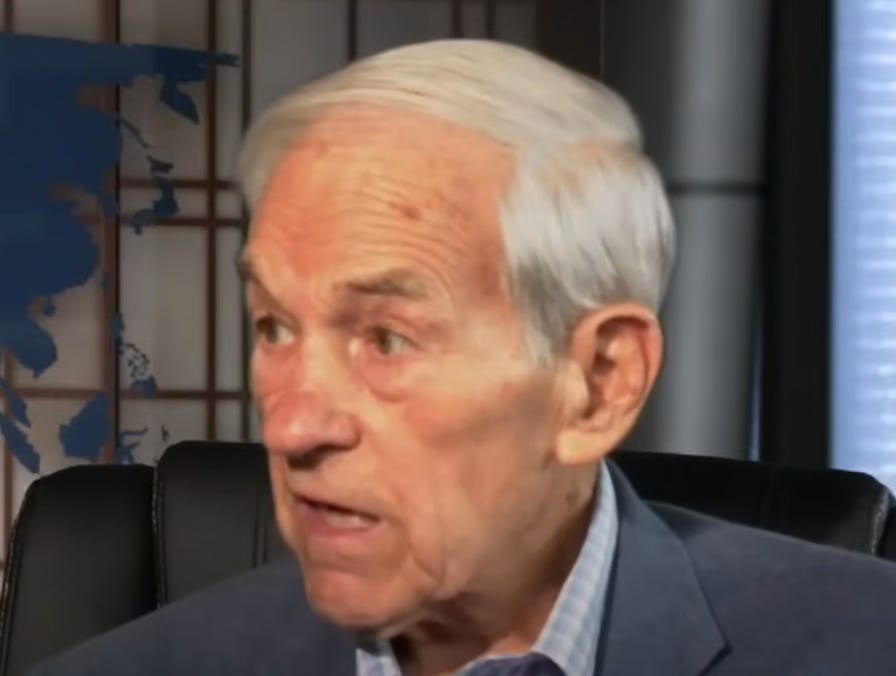
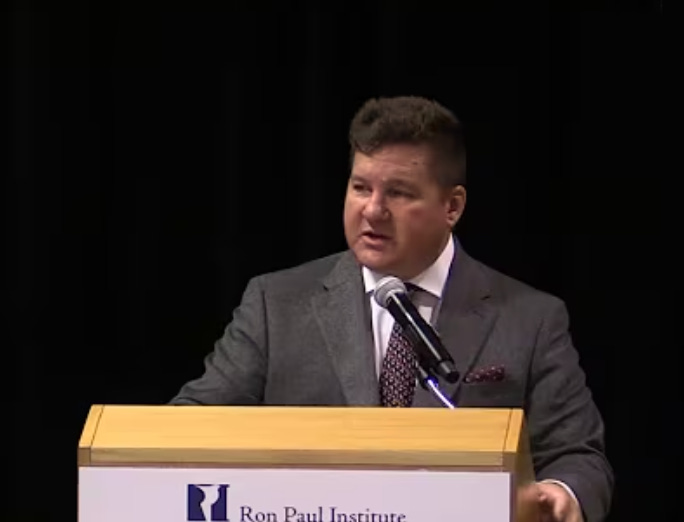
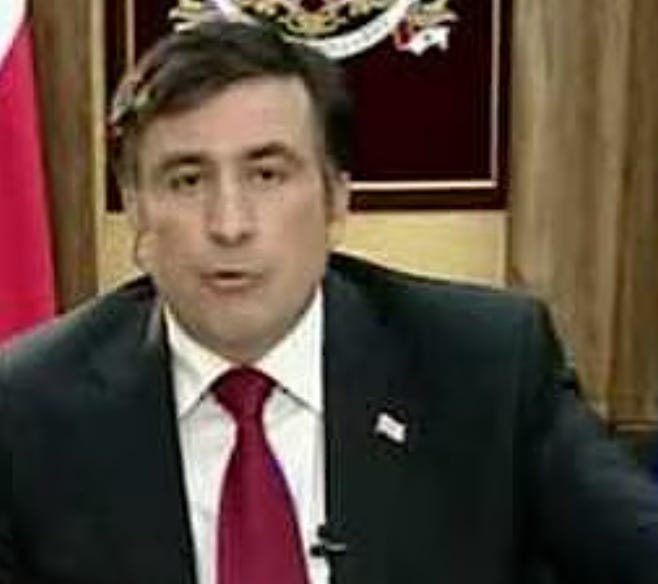
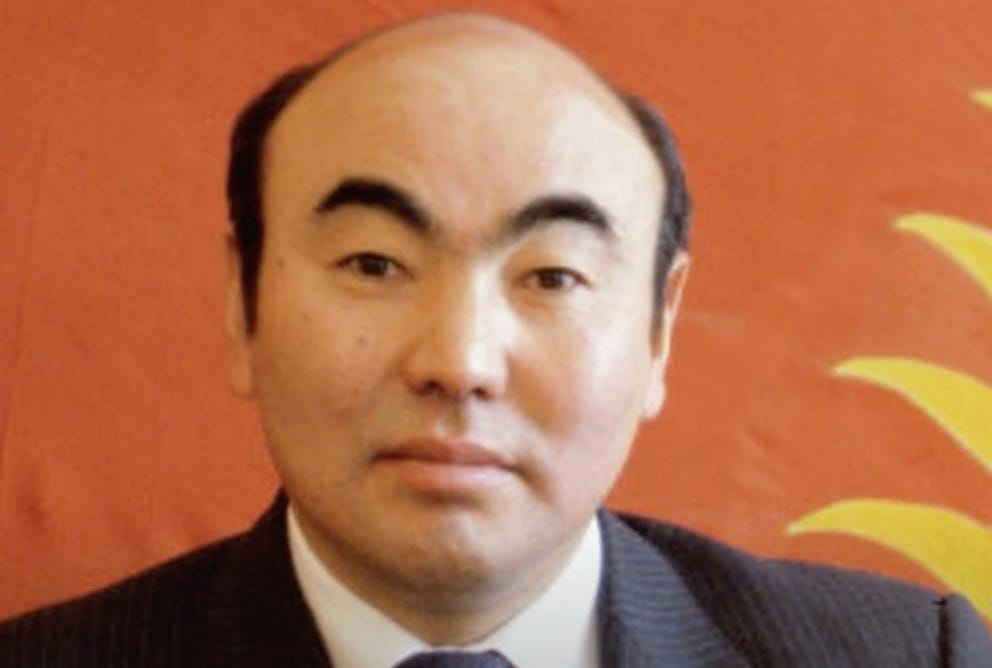
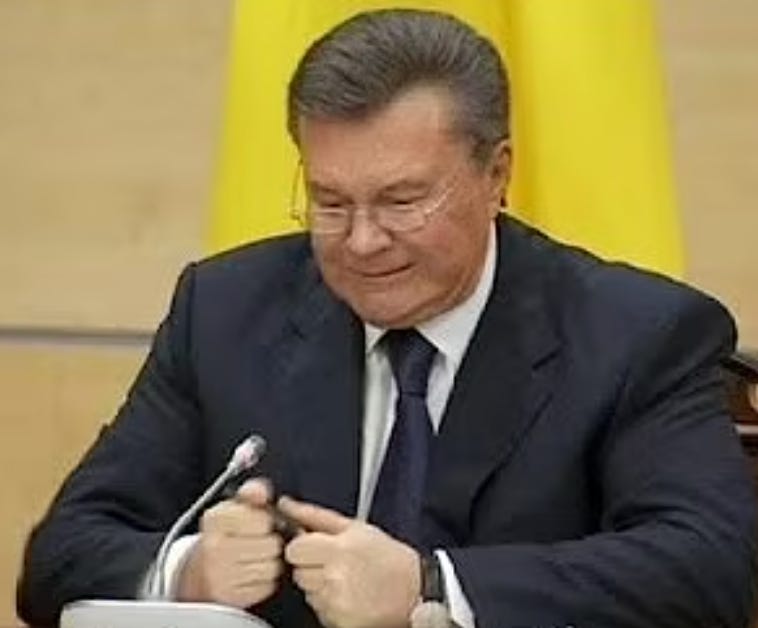

Or you know, end all aid to Israel. I could be wrong though.